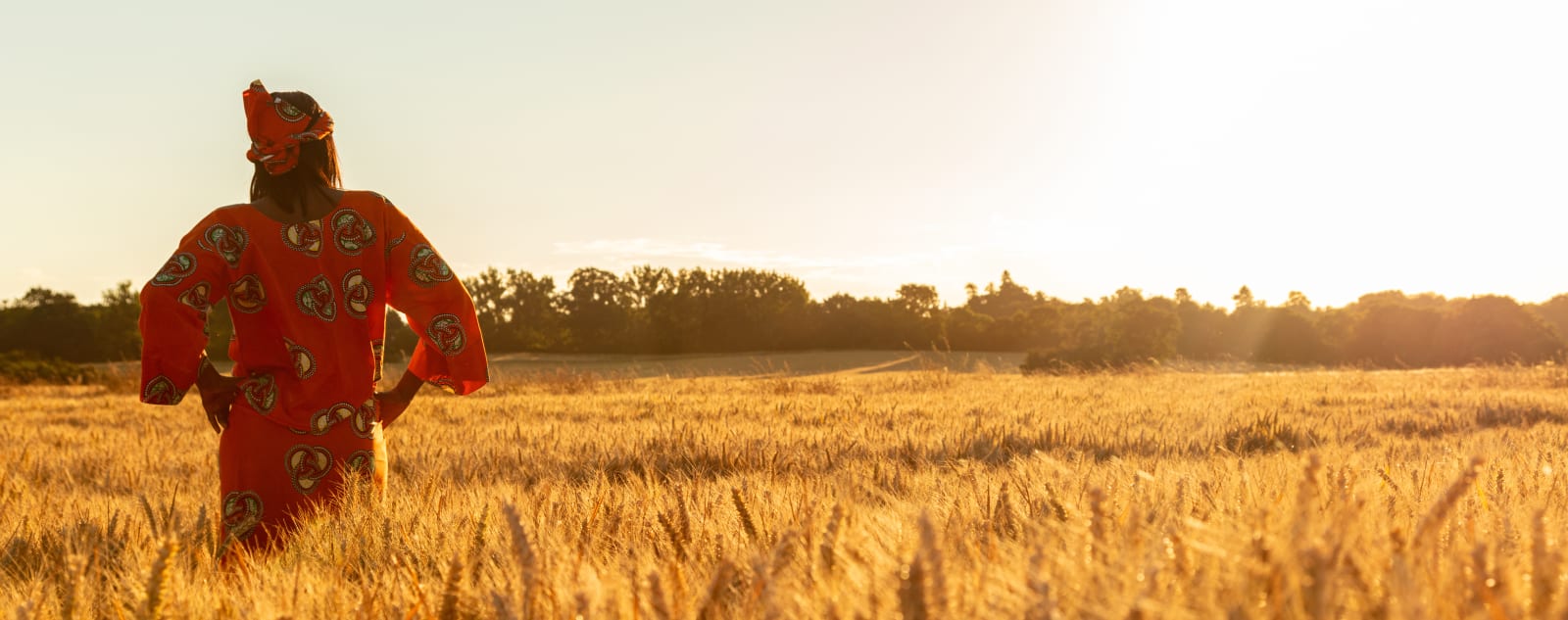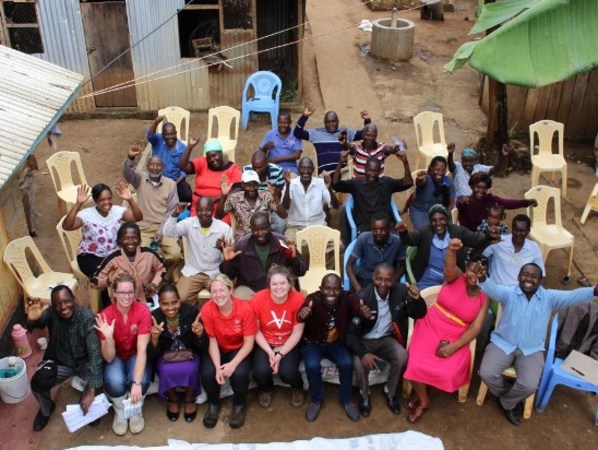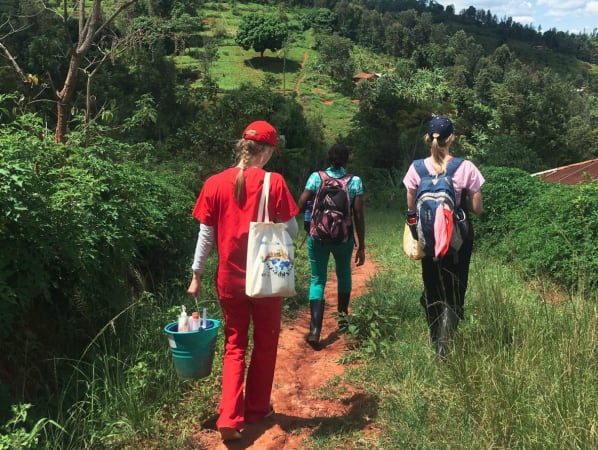South Sudan Program Impact: Resilience and Community Transformation in Torit County
As phase one (March 2023-March 2024) of our resilience and livelihood program in South Sudan completes, we share key activities, achievements and program impacts. Building upon success, phase two of our critical work in the region is already underway.








